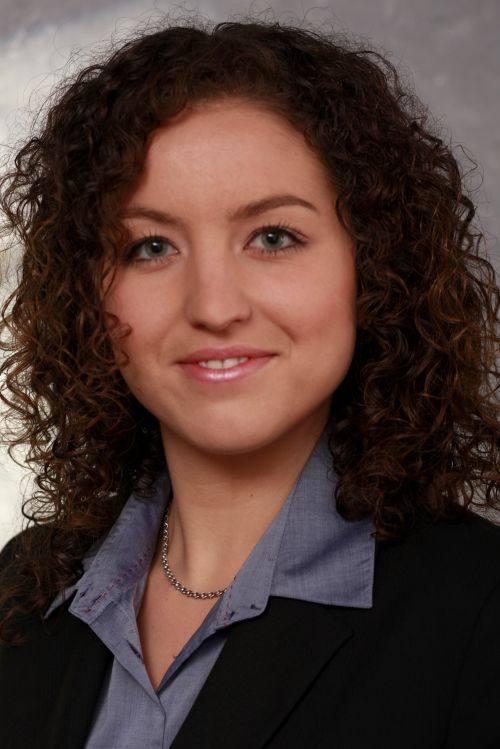DKTK Technical Expertise Network: Immune Monitoring
The immune system’s ability to recognize and fight cancer has been recognized for decades. More recently, these insights were translated into clinically effective immunotherapeutic approaches.
While some immunotherapies are already standard clinical practice, many trials (including >100 in Germany) are ongoing to test new therapeutic agents, the use of existing drugs in new tumor entities or combinatorial treatments.
Immune monitoring programs are essential partners of patient-based immunological research as they facilitate and support:
- Studies on the mechanism of action of therapeutic compounds
- Elucidation of mechanisms of resistance to therapy
- Identification of predictive biomarkers that can guide patient stratification
- Definition of biomarkers of response
- Discovery of new target structures/therapeutic approaches
To benefit ongoing and future immunotherapy trials and translational investigations, immune monitoring units within DKTK have created a knowledge platform to provide DKTK partners with access to specialized know-how (a detailed overview over available methods can soon be found here (link to PDF).
Immunology experts from the DKTK centers Berlin, Dresden, Essen, Frankfurt, Heidelberg, Mainz, Munich, Tübingen engage in sharing of expertise and protocols and will provide mutual access to technologies and instrumentation to DKTK investigators. A key goal of this joint effort is the harmonization of sample handling and preparation, guided by the requirements of down-stream measurements/immunological assays.
Below you will find further information on the specific interests and portfolio of each site, as well as contact information for key technology experts.
Dresden
The major aim of our immune monitoring program is the integration of comprehensive multidimensional immune-profiling into clinical trials for tumor patients to identify biomarkers of treatment response, to reduce therapy-related side effects, to discover mechanisms underlying this treatment modality, and to identify modes of treatment resistance. The findings may support the design of improved immunotherapeutic strategies for tumor patients. Currently, we perform immune monitoring for various preclinical and immunotherapy-based clinical studies enrolling patients with colorectal cancer, pancreatic cancer, hepatocellular and cholangiocellular carcinoma, melanoma, acute myeloid leukemia and myelodysplastic syndrome.
- Comprehensive analysis of the frequency, phenotype, and functional properties of various immune cell subsets (dendritic cells, T cells, natural killer cells, monocytes/macrophages, B cells) in blood, bone marrow, and tumor tissues of patients by using multi-parameter flow cytometry, FACS-based single cell sorting, and transcriptome profiling.
- Evaluation of the frequency, phenotype, and functional capabilities of peptide-specific and tumor-reactive T cells by using flow cytometry, ELISA, ELISpot, radioactivity assays (Cr51/3H-Thymidine), cloning, and TCR sequencing.
- Analysis of the composition and spatial distribution of various immune cell subsets within the bone marrow and tumor tissue samples. Therefore, immunohistochemistry and immunofluorescence multiplex staining are performed and analyzed by using the Vectra automated quantitative pathology imaging platform.
- Detection and quantification of multiple proinflammatory cytokines and chemokines as well as soluble checkpoint molecules in sera of tumor patients by using the LuminexTM technology.
Coordinators
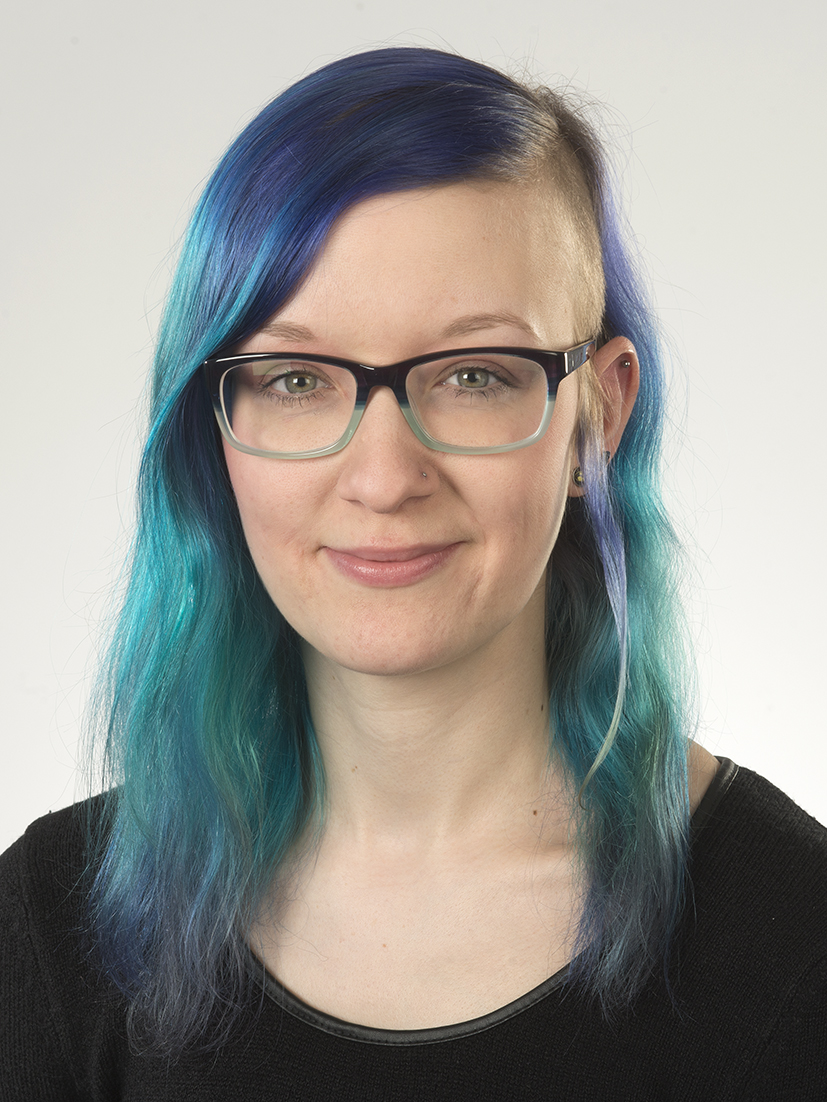
Dr. Antje Tunger
TU Dresden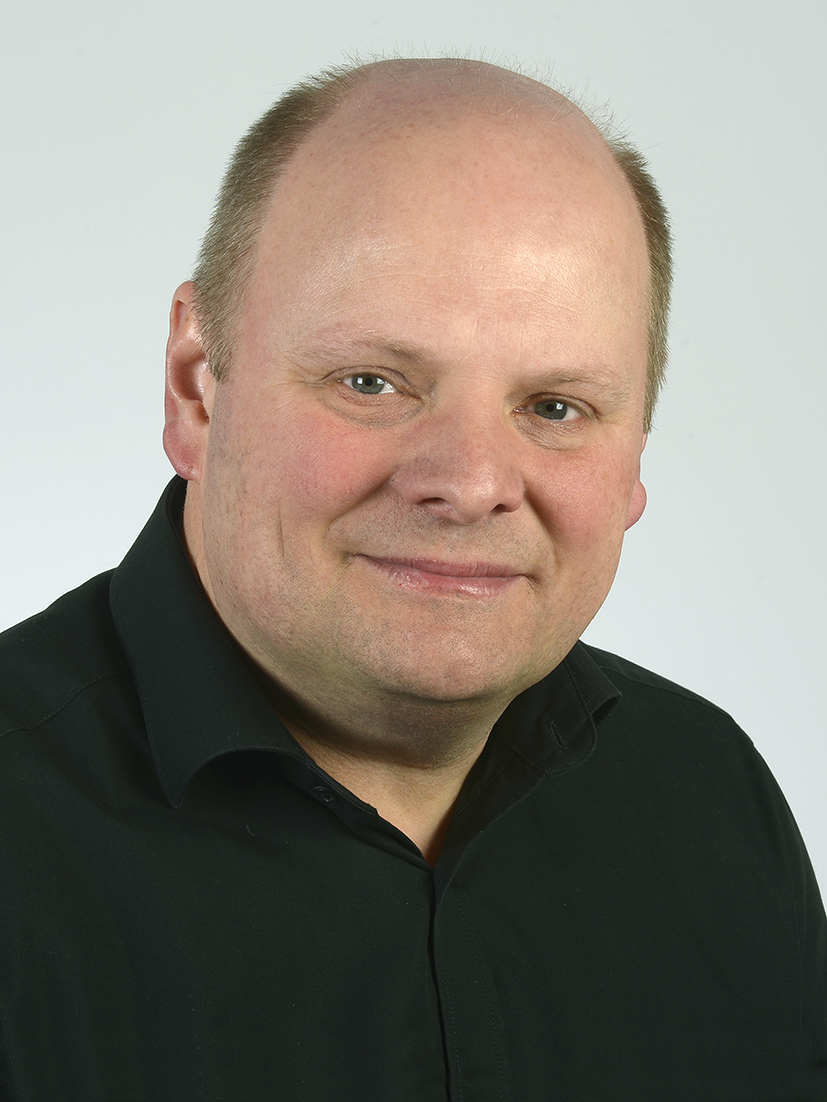
Prof. Dr. Marc Schmitz
Institute of Immunology, Medical Faculty Carl Gustav Carus of the TU Dresden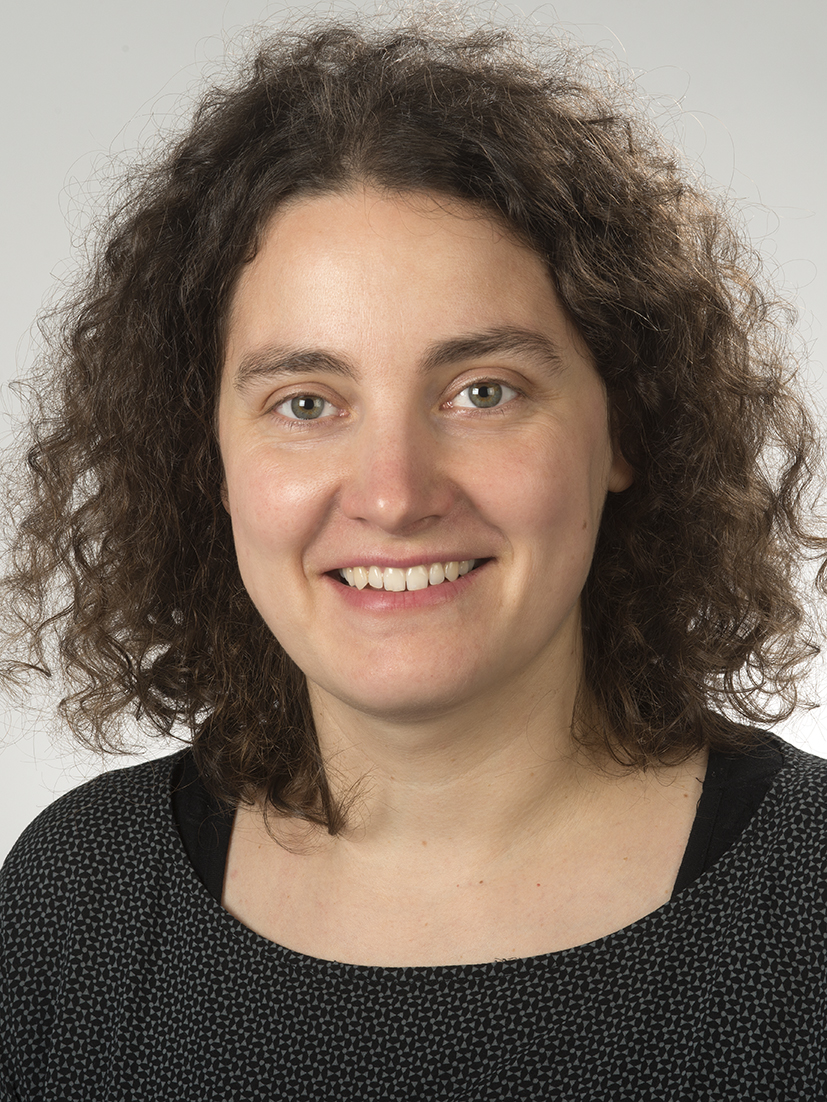
Dr. Rebekka Wehner
TU DresdenFrankfurt
n order to resolve the complexity and heterogeneity of distinct immune cell subsets affecting tumor growth and treatment response in patients with cancer, we have started the Immunomonitoring Platform (IMP) within the framework of the Frankfurt Cancer Institute (FCI) and the DKTK, where experts have joined to offer a state-of-the-art core unit. Our goal is to provide immune monitoring techniques developed by the members of the initiative and make them available to FCI and DKTK researchers and clinicians.
Technologies
Flow cytometry and Fluorescence-activated cell sorting (FACS)
FACS- protocols allow isolation of immune cell subsets from human tissue.
Focused and clinically validated multi-color panels to investigate human and murine immune cells in each state of development.
Exploratory panels (12-35 markers) for immunoprofiling of blood and peripheral tissues.
Quantitative spatial information via PhenOptics (AKOYA BIOSCIENCES)
PhenOptics workflow: After tissue sample acquisition and preparation, sections are stained (7-9 plex) using automated systems (LUNAPHORE LabSat Research Stainer or BOND RX Automated IHC Research Stainer). Multispectral images are generated by the Vectra Polaris Automated Quantitative Pathology System and bioinformatically analyzed by means of inForm Tissue Finder and HALO Image Analysis Software to obtain phenotypic and spatial data.
Immune cell Multiomics at single cell resolution (BD Rhapsody)
Single cell multiOmics workflow: The BD Rhapsody system combines in a unique way the analysis of gene expression and surface protein expression at a single cell level. Complex heterogenous cell compositions including immune cell subsets in tissue or blood are resolved at highest possible resolution.
The IMP is led by Karl H. Plate, the director of the Edinger Institute. Its members offer a number of state-of-the-art immune-centered assays, share their expertise in experimental design and will help to allocate the most suitable technologies for the required scientific questions.
Please contact us for your future experiments:
Karl H. Plate (Lead)
Yvonne Reiss – PhenOptics
Andreas Weigert – FACS, PhenOptics
Michael Rieger – FACS, single cell sequencing
Evelyn Ullrich – FACS
Jonathan Schupp - Staff Scientist
Heidelberg
Since its establishment in 2015, the DKFZ/NCT immune monitoring unit has supported numerous clinical trials including >700 patients and continuously expanded its methods portfolio. We currently provide blood and tissue-based immune monitoring to 14 clinical studies, which include Heidelberg IITs as well as external phase I and II studies. These trials include patients with brain, lung, esophageal, colon, breast and skin cancers treated with immune-modulatory antibodies, vaccines, radiation and cellular therapies.
We aim to develop highly customized approaches and are driven by scientific curiosity. At the same time, we utilize a quality management system, including a panel of validated immune assays, to meet GMP and GCLP requirements of selected trials.
Technological innovation is currently transforming immunology. We are leaving behind tedious screening of pre-selected parameters in bulk populations, in favor of high-resolution profiling of immune receptor repertoires, cellular function, cell state and history:
- High parametric flow cytometry (BD FACS Lyric, 12 fluorochrome parameters) for phenotypic and functional parameters provides us with basic information on the cellular composition of blood and tissue samples. We aim to increase multiplexed measurements of fresh samples to preserve the majority of cells for down-stream analysis.
- We measure immune reactivity and antigen specificity using ELIspot, ELISA, Luminex, as well flow-cytometry and sequencing based assays, to reveal e.g. the cytokine profile, the frequency of antigen-reactive cells and/or the receptors involved in antigen-recognition.
- TCR deep-sequencing and discovery: Immune repertoire analysis has emerged as a powerful tool to understand and track immune responses. We perform DNA-based TCR beta-chain sequencing using a commercial kit (ImmunoSeq) and in-house sequencing facilities and are happy to assist DKTK partners in immune-repertoire analysis.
- Single-cell immune profiling: High-throughput barcoded single cell (sc) analysis represents a quantum-leap for immune-monitoring purposes, as it can resolve functionality in the extreme diversity of immune cells and in parallel deliver their antigen-specific receptors. Using the 10x technology, we can obtain information on TCR, transcriptome and/or proteome of individual cells for up to 10.000 cells/sample.
- Strategic combination of functional assays with bulk- and sc sequencing technologies using blood, tissue, expanded T cells or TIL cultures enables the rapid discovery of candidate tumor-reactive receptors that are cloned and undergo in vitrofunctional validation.
Coordinators

Dr. Isabel Poschke

Prof. Dr. Michael Platten
Essen
The DKTK Department for Translational Skin Cancer Research (TSCR) at its partner site in Essen was founded in 2014 and offers biological and immunological analyses of biomaterials obtained from skin cancer patients.
We are focused on the characterization of immunological processes of tumor recognition and control by the adaptive immune system. For this purpose, blood and tissue samples are examined. We carry out corresponding analyses both in retrospective patient cohorts as well as within the framework of prospective clinical trials.
A selection of clinical trials with chaperoned translational studies include:
- IMMOMEC: IMmune MOdulating strategies for treatment of MErkel Cell Carcinoma; within the 7th Framework Programme of the EU.
- IMMUNED: Nivolumab versus Nivolumab/Ipilimumab versus placebo for patients with stage IV Melanoma with No Evidence of Disease (NED); Investigator-Initiated Trial (IIT) of the Dermatologic Cooperative Oncology Group (DeCOG).
- ADMEC-O: Nivolumab versus Observation in Merkel Cell Carcinoma; IIT of the DeCOG.
- AliCe: Avelumab in combination with cetuximab in non-resectable stage III and IV of cutaneous Squamous Cell Carcinoma; IIT of the DeCOG.
- BoneMet: PD-1 immune checkpoint blockade in combination with Denosumab for patients with stage IV melanoma and bone metastases; IIT of the DeCOG.
- MCC TRIM: Non-interventional study of Merkel Cell Carcinoma within the established blueprint of the prospective German skin cancer registry; ADOREG.
We use cutting-edge methodologies based on multiplexed, high-resolution and high-throughput technologies facilitating providing detailed and in depth information, despite small sample sizes.
Our current method spectrum includes, among others:
- Single cell RNA sequencing: Multiplex technologies (10x Genomics) are used to scrutinize the expression profile of individual cells within complex tumor tissue samples. This enables accurate reproduction of the cellular composition of the tumor microenvironment.
- T-cell receptor sequencing: By ImmunoSeq the T-cell receptor repertoire is deciphered and the dynamics of immune responses are tracked. Algorithms like "GLIPH" (Grouping of Lymphocyte Interactions by Paratope Hotspots) allow to unravel and to de-complex of the antigen-specificity of the T cell receptor repertoire. These investigations are interpreted in combination with single cell VDJ/RNAseq data.
- NanoString (gene expression analysis): This technique allows the characterization of immune-relevant and tumor-associated processes the, including analysis of "low quality" tumor samples (i.e., FFPE).
- Multiplexed immunofluorescence staining: Differentiation of the tumor microenvironment in histological tumor sections by simultaneous 7-fold immunostaining. Antibody panels for both the immune infiltrate and the stroma have been established.
Coordinators
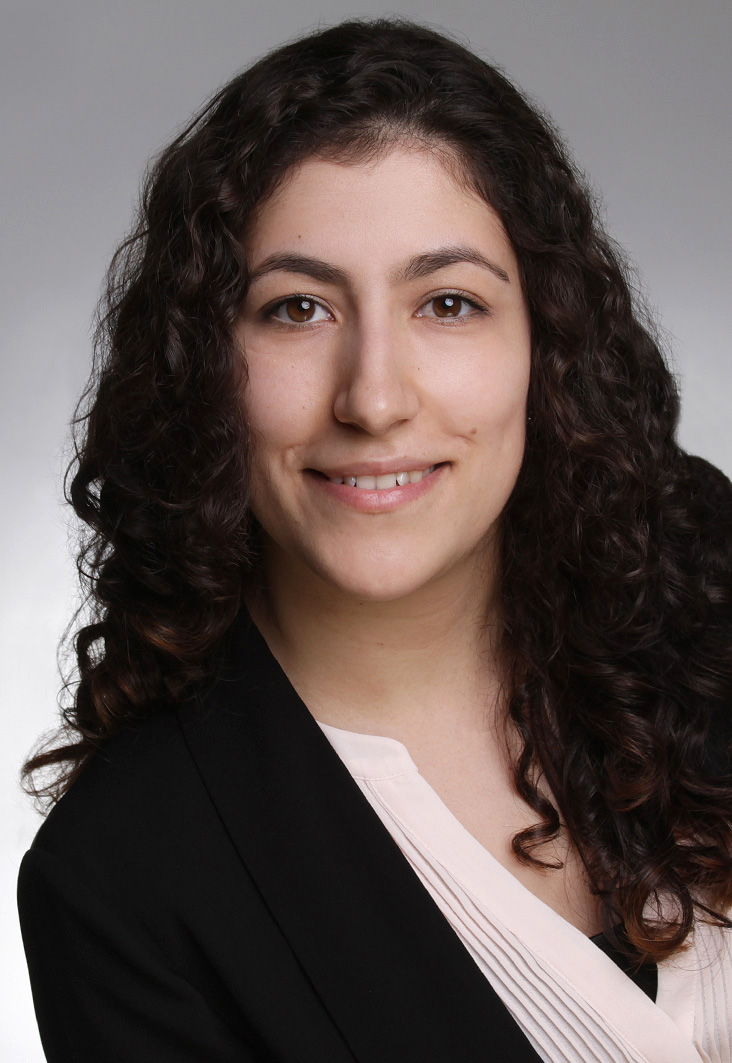
Ivelina Spassova
mIF, nanoString
Prof. Dr. Dr. Jürgen C. Becker
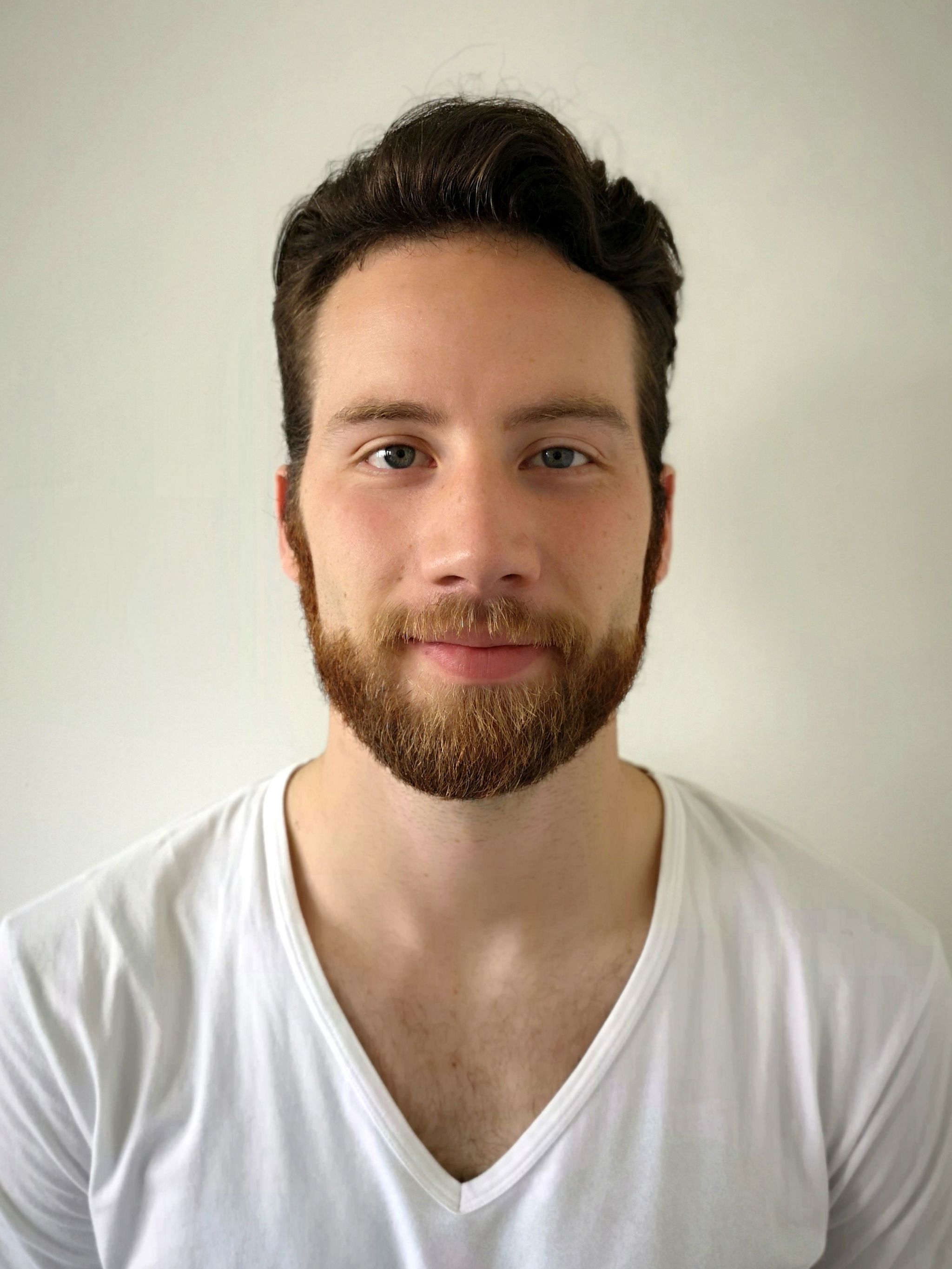
Lukas Peiffer
TCRseq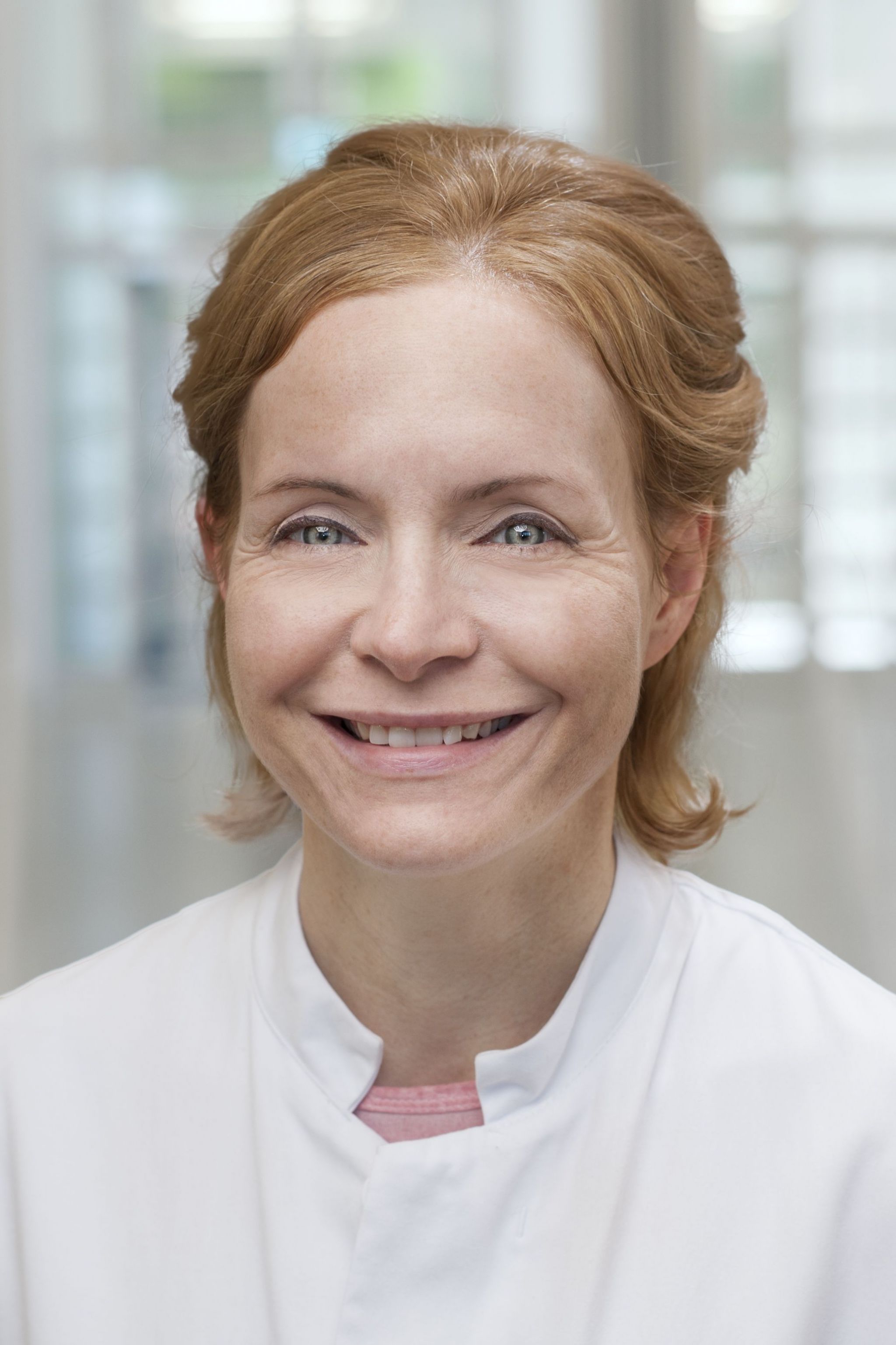
Prof. Dr. Selma Ugurel
Tübingen
Scientific focus
The Immunomonitoring group is located at the Department of Immunology of the University of Tübingen. Our long-term focus is to investigate adaptive immune responses in cancer patients. Subsets of T cells are obtained from the blood or tumor tissues of patients and studied at phenotypical and functional levels. We furthermore investigate various other immune cell subsets, which interact with human tumors. Our specific expertise is the assessment of tumor antigen-specific T cells responses, also during immunotherapy, e.g. multipeptide-based personalized vaccination.
We are a founding member and co-organiser of the Cancer Immunotherapy Immunoguiding Program (CIP/CIMT) which was initiated in 2005. The aim of this international working group is to improve the comparability and sensitivity of established techniques applied for immunomonitoring, to promote the development of complementary tools, and to contribute to progress in the field.
Key methods and technologies
- Multiparameter flow cytometry
- Elispot
- Bead-based cytokine measurement
- Assessment of antigen-specific cytotoxicity (VITAL, XCelligence, …)
- T cell priming, culture (also TILs), sorting and cloning
- In general, assessment of antigen-specific CD4 and CD8 T cells
Main monitoring activities (in cooperation with various national and international cooperation partners):
- Characterization of T-cell epitopes derived from newly-identified tumor associated antigens
- Effect of standard therapies on the immune system of cancer patients
- Immune monitoring of peptide-based vaccination studies
- Development of new adjuvants
- Assay development: Establish, optimize, standardize and validate immunoassays
Picture Source: Blausen.com staff (2014) "Medical gallery of Blausen Medical 2014". WikiJournal of Medicine 1 (2). DOI:10.15347/wjm/2014.010. ISSN 2002-4436.
Coordinators
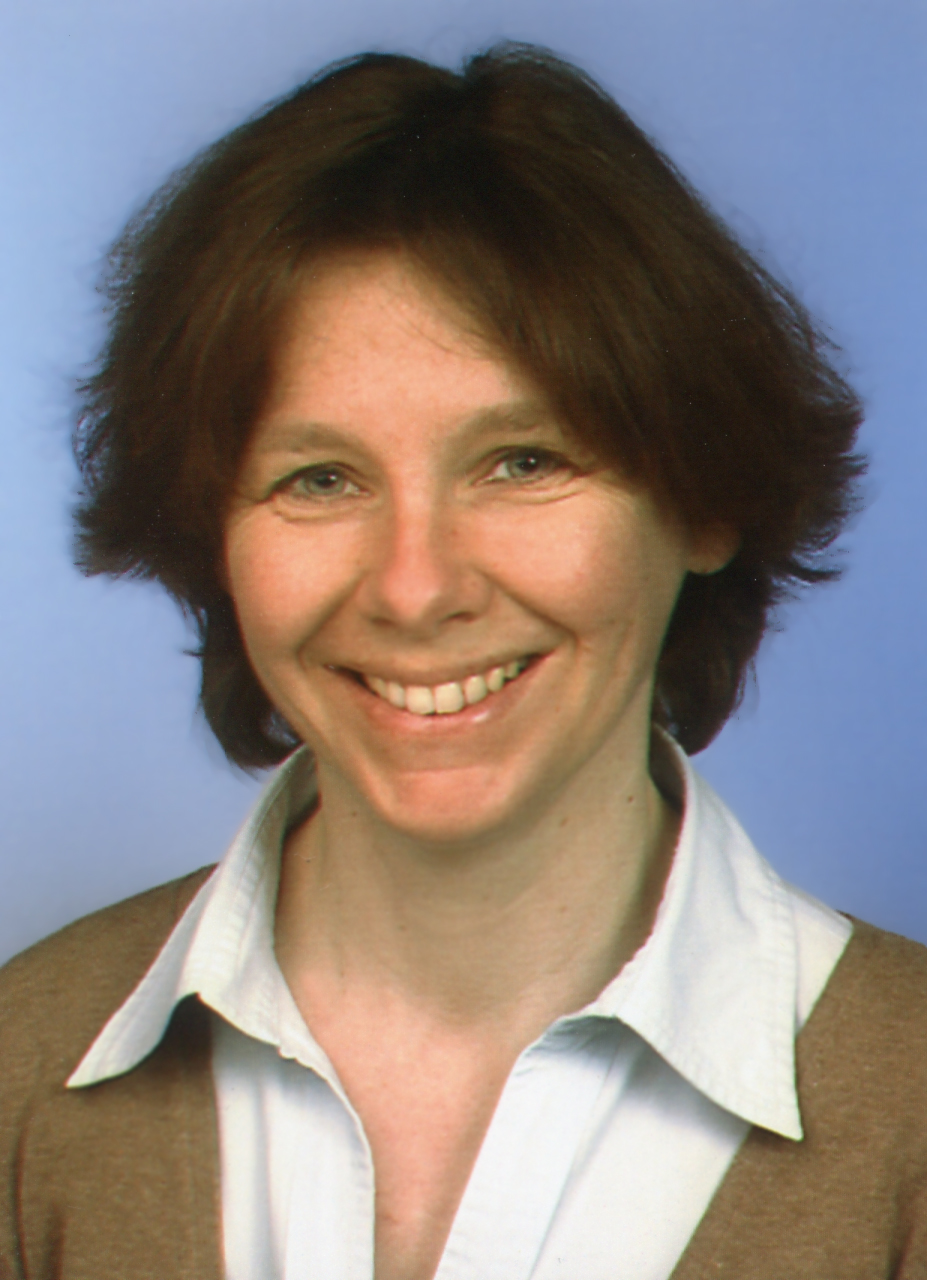
Prof. (apl) Cécile Gouttefangeas
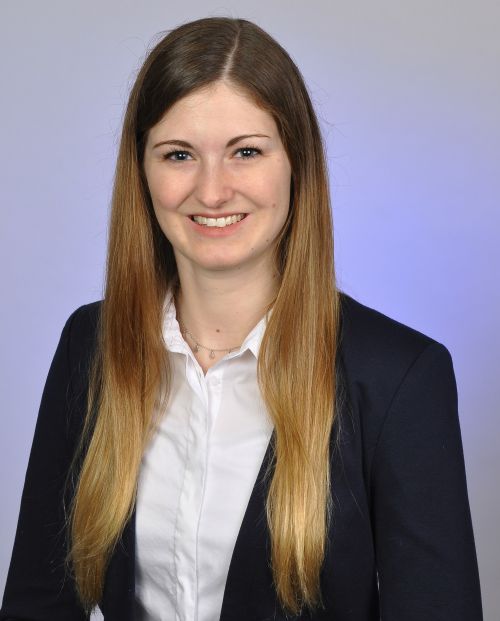
Dr. Jennifer Richardson
Universität Tübingen